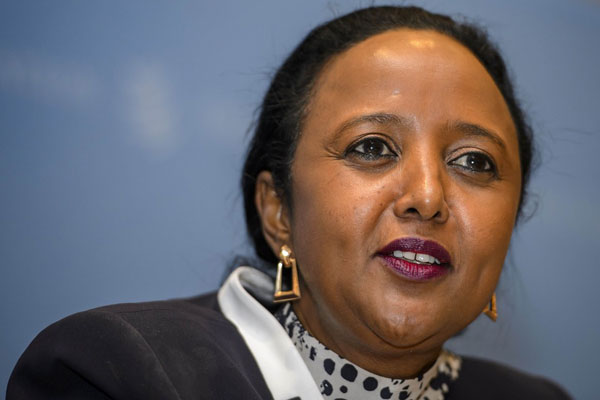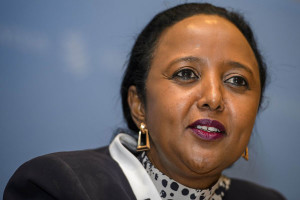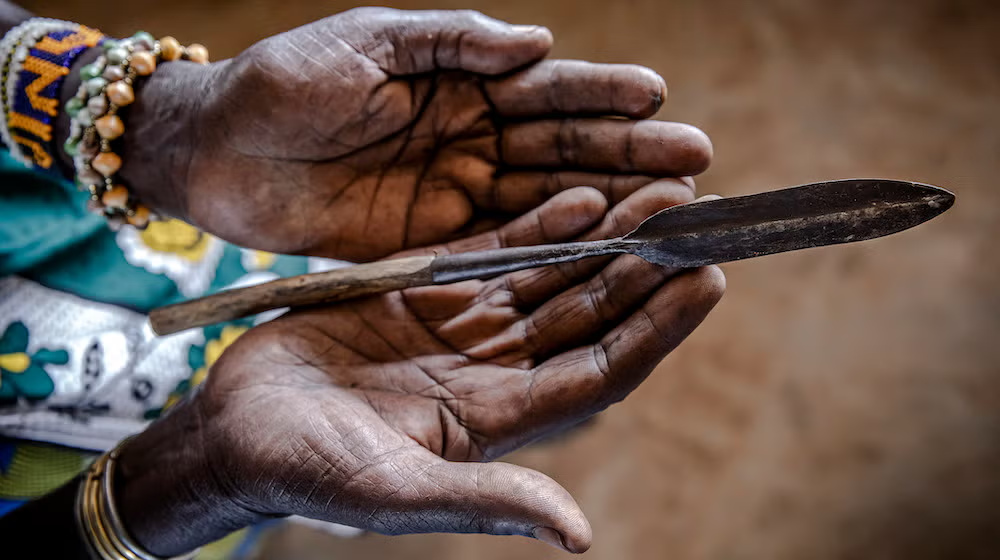By Amina Mohamed.
In a matter of days Nairobi, will host the first ever Ministerial Conference of the World Trade Organization to be held in Africa.
This is the tenth such meeting since the WTO entered into force in 1995.
The gathering is an important one – among the most important to have been held in the UN agency’s history – both for the institution and for the continent.
This is because the WTO has been struggling for a decade and a half to complete what it started in 2001 – the Doha Round of Multilateral Trade Negotiations, sometimes referred to as the Doha Development Agenda.
We must not try to varnish the picture. The negotiations are in trouble and the differences still wide. We will be working hard in Nairobi to bridge those differences.
The challenges involved in scoring negotiating successes and coming away from Nairobi with a consensus mandate for future work are formidable.
But the price of failure is high too. The persistence of deeply divided opinion has worn down the negotiators.
It has dissipated the spirit of compromise in the pursuit of what ultimately is a common cause and shared desire – to put the WTO back on track.
CROSSROADS
Why do I say that the impending WTO conference is important for Africa? It is because Africa is at a crossroads.
It is in transformational mode. It is rising. This is not merely an aspirational African assertion. It is a widely shared perception. The decision to bring the WTO Ministerial Conference to Africa for the first time is entirely consistent with this reality.
Because Africa’s shares of global income, trade and investment are rather small today – all less than 5 per cent – people sometimes forget the extraordinary potential of the continent.
Africa is a very large place, and that adds greatly to its potential. It accounts for one-fifth of the earth’s land surface. China, India, the United States, Japan and large parts of Western Europe can all fit into the 55 states that make up the African continent.
Africa’s population today is a bit over one billion, or 16 per cent of world population.
It is projected to more than quadruple by the end of the century, by which time Africa will be home to 40 per cent of the world’s population.
Nearly half of Arica’s population today is under the age of 18, which means there will be a massive working age population in years to come.
ECONOMIC DYNAMISM
There is an economic dynamism that since 2000 has translated into an annual average growth rate of 5 per cent.
That is a considerably better performance than global growth. Ten of the 16 fastest growing economies in the world since 2000 have been African.
Since there is no reason to believe this trajectory will reverse itself – on the contrary, it could well accelerate – historians will characterise an ascendant Africa as a defining feature of the early twenty-first century.
Much needs to be done to render Africa’s positive economic performance sustainable.
Primary products remain dominant in the continent’s aggregate export basket. Diversification is needed, particularly towards manufacturing and services.
The signs are there that this is happening. A report from the consulting firm McKinsey calculates that only one-third of Africa’s growth record is accounted for by natural resources.
Good economic performance is by no means enjoyed by all African economies.
Civil unrest and abiding poverty are still apparent in several countries. Many face governance challenges. Policy reform is needed.
Scarce or poor infrastructure, and to a diminishing degree policy, hamper the enormous potential of greater integration within Africa.
More investment is needed in health-care and education.
GLOBAL ECONOMY
But despite all these challenges, Africa is on the move. And that brings us back to why the WTO and Africa need each another. The WTO’s relevance depends increasingly on Africa.
Africa needs the WTO to ensure that it can do what so many others have done before – leverage progress on engagement with the global economy.
That engagement needs a stable and fair environment, the very attributes that the WTO strives to provide. The WTO is far from perfect, but it is way better than a world of unpredictable power-driven relationships. Pre-commitment is a leveling force.
In the days, months and years ahead, we must forge shared African positions in a spirit of constructive engagement.
At the same time, we must be cognizant of where our interests lie and pursue those interests with vigour.
They reside both in ensuring that the WTO works for our development, and that the WTO begins a journey that will restore our multilateral institution to where it belongs – at the centre of global trade governance.
That is the burden placed upon the Nairobi conference. A recovery can only begin here. Sustained resolve backed by shared leadership will be essential to a robust and durable turnaround for the WTO.
Amina Mohamed is the Cabinet Secretary for Foreign Affairs and International Trade and chairman of the 10th WTO Ministerial Conference















